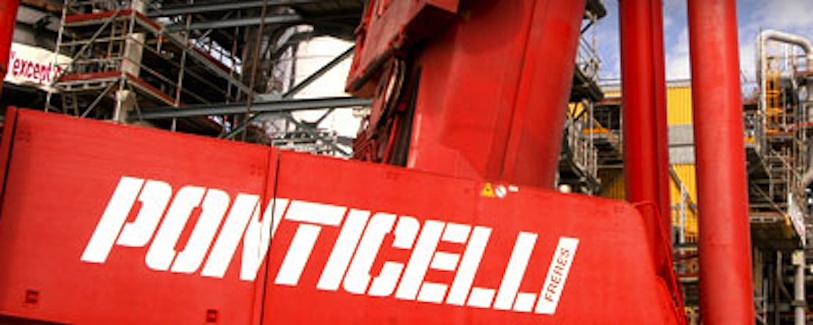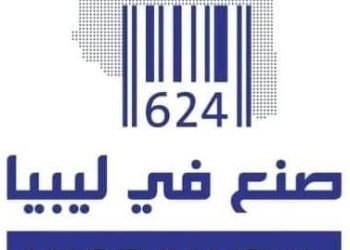By Mathieu Galtier

9 April 2013:
French company Ponticelli has pulled . . .[restrict]out of Libya. Observers close to the industrial piping specialist which has operated as a oil field subcontractor cite the lack of security and fear of an attack on its employees as the main reasons of the decision. The move has surprised the French businessman community in Libya, most of whom say they believe strongly in the Libyan market.
Ponticelli management in France have refused to talk to the Libya Herald about the decision.
The company pulled out the last of its 43 employees working at the Mabrouk field in the Sirte Basin, some 170 kilometres south of Sirte at the end of March. It has been a subcontractor for Mabruk Oil, the joint venture between the National Oil Company (NOC), French oil and gas giant Total and Norway’s Statoil. The main office in Tripoli is to be closed in few weeks. Only one Libyan representative will remain.
Ponticelli is only French company to decide to quit Libya since the end of the Revolution.
Officially, it decided not to renew its contract with Mabrouk oil company which ended on 31 March. However, security issues are known to be the main reason of its departure. The Libya Herald has been told that the deadly events in January at the In Amenas gas plant across the border in Algeria in which 40 employees, 39 of them foreign, were killed after it was seized by Al-Qaeda sympathisers, triggered the decision.
Ahmed Abdusalam, a Ministry of Economy spokesperson, says Libya regrets but understands the decision: “There is no reason for employees from foreign companies to die for Libya. I cannot force them to stay. So, I cannot feel anger, only sadness. You cannot ask us an impossible thing. Right now Libya is as secure as it can be.”
Security is an issue for all foreign companies. They usually implement strict rules such as curfews, accommodation in secure areas, cars with drivers, bodyguards, and other regulations.
However, sources within Ponticelli say these are of little value in desert area such as Mabrouk. Just 90 guards are in charge of securing the 1000 square-kilometre site. Moreover, there have been problems in a number of oil fields between guards and other groups trying to take over security. In March, there were heavy clashes between guards and armed groups trying to replace them not far away at Harouge’s Ghani oilfield and Waha Oil’s nearby Dahra field.
The French business community did not expect Ponticelli’s decision and is unhappy about it. During the 17 February Revolution, it was one of the last foreign groups to leave Libya in March 2011 and one of the first to come back in September of the same year.
Michel Casals, President of Franco-Libyan Chamber of Commerce, said he was “surprised” by the decision. The company appeared to be motivated by the need to take “precautions”.
“Libya frightens people in France,” explained Serge Badran, President of Libya section of France’s Comité National des Conseillers du Commerce Extérieur (CNCCEF – National Committee of Foreign Trade Advisers), referring to the negative media coverage of the country. French people working in the country “have difficulties selling Libya to headquarters in France”, he told the Libya Herald.
However, far more than security issues, French companies complain about Libyan market’s current lethargy. “The recovery of the public contracts is not the priority for the state. I have noticed an erosion of patience among businessmen,” Badran explained. But that is no reason for them to leave, he said. “There is everything to be done in Libya in all fields.”
Other French companies agree that the golden rule to do business in Libya is to stay, even though there may be little current activity.
Olivier Bernos, manager of French desalination specialists SIDEM described how it used to have four sites in Libya before the revolution, but not any more because of insurance issues. So, now, in Libya, he spends his time in meetings with clients and ministers. “We’ve been in Libya for 40 years. We will not leave. The potential is huge here.” He says that, despite the fact that it is costing the company about LD 100 000 a month staying and that it has received just a fifth of money it is owed because of contracts suspended as a result of the revolution.
According to the Franco-Libyan Chamber of Commerce, French company activities in Libya were worth €400 million (LD 670 million) during the first eleven months of 2012. [/restrict]








